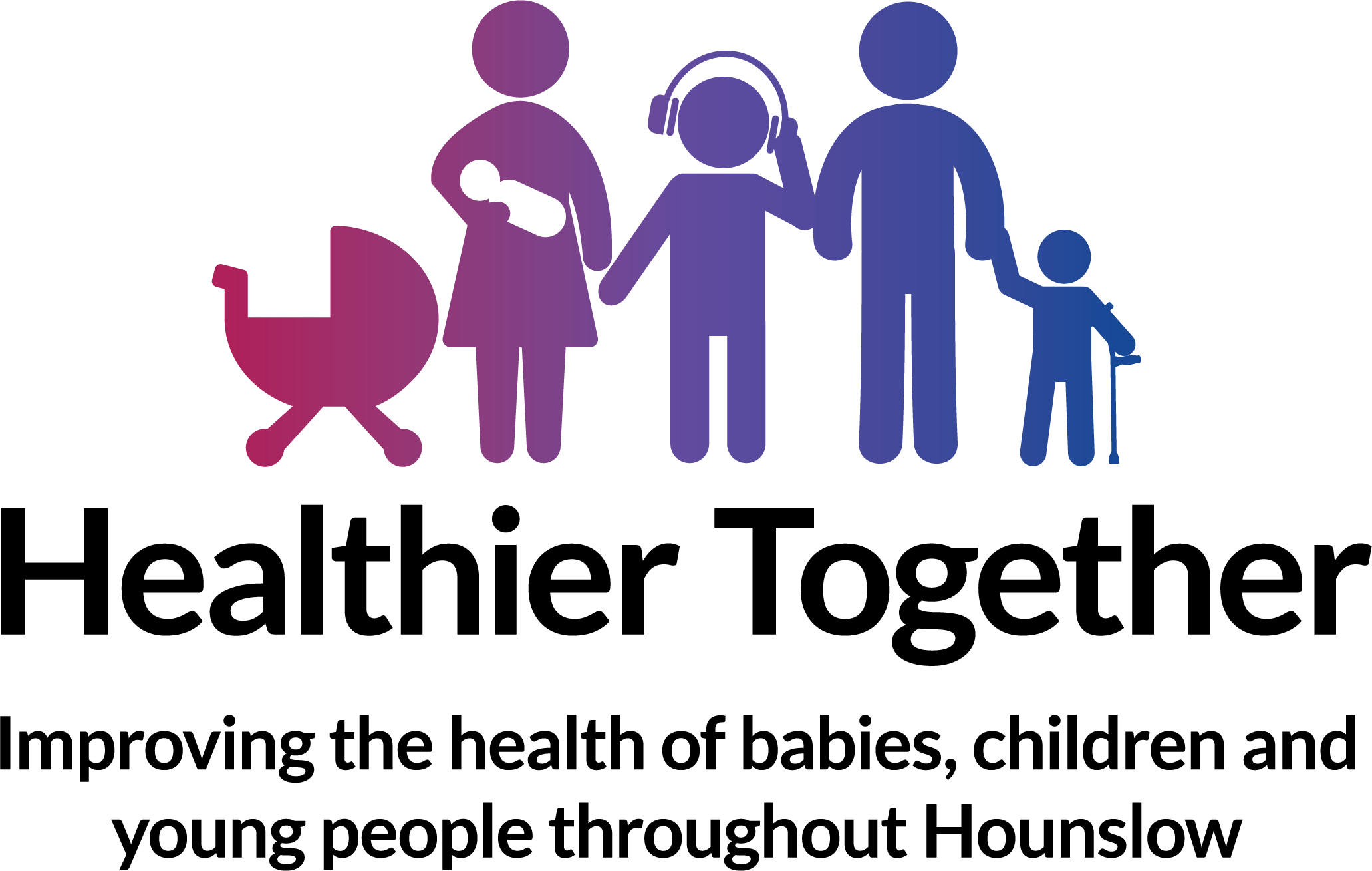Attention Deficit Hyperactivity Disorder (ADHD)
If your child has ADHD then their behaviour may be affected by:
- Problems paying attention
- Hyperactivity
- Impulsivity
Many children struggle to pay attention and are restless some of the time. This does not necessarily mean they have ADHD.
Your child may have ADHD if their inattention or hyperactivity is much worse compared with other children of the same age and if it is affecting your child's school, social and family life.
Another way of thinking about ADHD is that your child struggles to put the brakes on things. They can't stop responding to distractions, their inside thoughts and impulsive thoughts.
Watch the "Lets Talk About ADHD" video for more information
Diagnosis
There is no single, simple test for ADHD. The diagnosis is made by recognising patterns of behaviour, observing your child and from reports of their behaviour at home and at school.
- Symptoms should be present for at least six months
- Symptoms must be seen in at least two places, such as at home, school, clubs or in childcare settings
- Other problems should be ruled out first, for example hearing problems
- If symptoms are mild then a formal diagnosis may not be needed. Sometimes behaviours can be managed using self help tips such as those below and with extra support, visit the where to start section.
Symptoms
Not all children have all the ADHD symptoms. This means some can just have problems with poor attention, while others are mainly hyperactive.
1. Problems paying attention (inattentive)
- Seem forgetful
- Easily distracted, for example a door banging
- Difficulty concentrating on tasks
- Difficulty organising themselves, for example getting ready for school
- Difficulty listening, for example focusing on what a teacher is saying or struggle following instructions
- Full of energy, always on the go
2. Problems sitting still (hyperactivity)
- Restless
- Fidget
- Full of energy, always on the go
3. Problems controlling impulses (impulsivity)
- Do things without thinking
- Struggle to wait their turn for example in a game or in a queue
Where to start?
- Start by making an appointment with your child's teacher or the School Nursing Team to discuss your concerns. Even if your child’s difficulties are not obvious at school, this is still the best place to seek early support
- You can also speak to your Health Visitor or School Nurse (0 to 19 service) or GP
- Waiting times for an ADHD assessment can be long. While you are on the waiting list, you can still get support for your child, see our Hounslow Local Offer. Most groups (see our Hounslow local offer page) will work with your child and support you whether or not they have a diagnosis.
Tips to help your child
1. Encourage good sleeping habits
We know lots of children with ADHD struggle with their sleep and this can cause problems concentrating at school. Speak to your GP or Paediatrician if your child has persistent problems with sleep.
2. Offer a balanced diet and encourage regular exercise
Visit our healthy eating and being active webpages for advice.
3. Make instructions simple
Use a one sentence rule for instructions. One instruction at a time. Make their tasks small and give them lots of praise when they get it right.
4. Offer breaks
If you think an activity is going to be demanding, be proactive and build in short breaks. This will help make the activity feel more manageable.
5. Keep a simple routine
Routines help children focus on one thing at a time. If they know what they are doing every day, this helps them to stay organised. Make sure their meals are regular, including a good breakfast so that they are not hungry at school.
6. Help them understand their ADHD
Talk to your child about their ADHD. Try to focus on the positives of having ADHD and highlight your child’s strengths.
7. Communication
Make eye contact with your child when speaking to them. Give them advance notice of a change that is going to happen. Give your child simple choices. For example, "When you come home from school today you need to do your reading and have a bath, which would you like to do first?"
Use the word 'we'. 'How do you think 'we' could do this differently?'
8. Spend one to one quiet time with your child
Give them praise and focus on positive behaviours. Try not to criticise. Tell them when you have enjoyed spending time with them. This will help build their self esteem.
9. Friendships and play
Your child might appear socially out of tune as they may struggle to listen to instructions or dominate activities. They may find group activities difficulty and may find things like running or a martial arts easier. Encourage learning through play. Use imaginative play. Follow your child's lead.
10. Don't take your child's behaviour personally.
What does this mean for my child in the long term?
About one in three children with ADHD may grow out of it and not need treatment as an adult. Most children benefit from getting help to meet their needs. Some are able to catch up with their learning, improve their school performance and make friends.
However, some children can really struggle, even as adults. They may struggle with relationships, studying, working and with their mood.
ADHD assessment in your local area
Each area is different. Your child's health visitor, school or GP can refer your child for an assessment.
ADHD Support Service and Resources
Daisy Chain |Autism & Neurodiversity (daisychainproject.co.uk)
![]() Read the NICE Guidance on ADHD.
Read the NICE Guidance on ADHD.
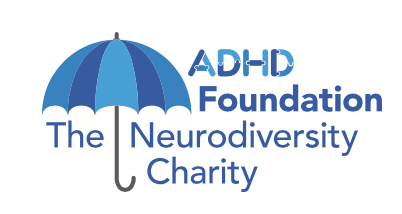 ADHD Foundation has lots of resources and have published a booklet for children with ADHD.
ADHD Foundation has lots of resources and have published a booklet for children with ADHD.
![]() ADDitude provides guidance and support for living better with ADHD and its related mental health conditions.
ADDitude provides guidance and support for living better with ADHD and its related mental health conditions.
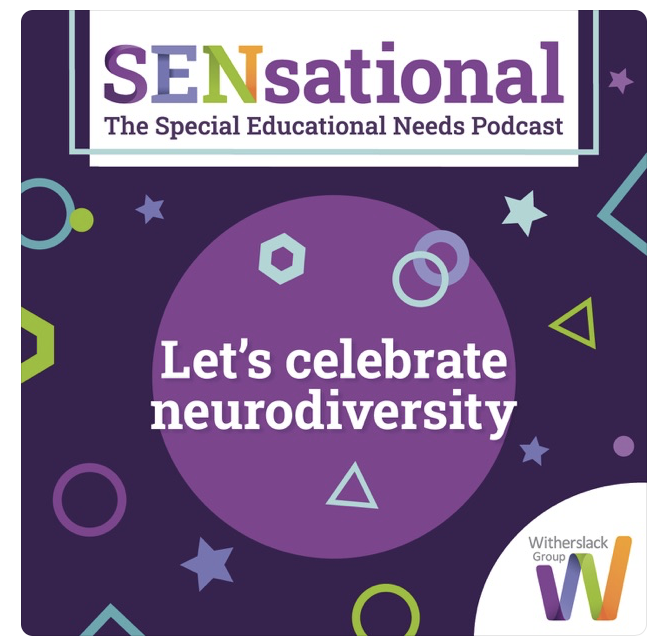 Podcast SENsational: The Special Educational Needs Podcast including What every parent needs to know about ADHD.
Podcast SENsational: The Special Educational Needs Podcast including What every parent needs to know about ADHD.
![]() ADDitude provides guidance and support for living better with ADHD and its related mental health conditions.
ADDitude provides guidance and support for living better with ADHD and its related mental health conditions.
![]() Young Minds Parent's Guide to Supporting Your Child with ADHD.
Young Minds Parent's Guide to Supporting Your Child with ADHD.
Books
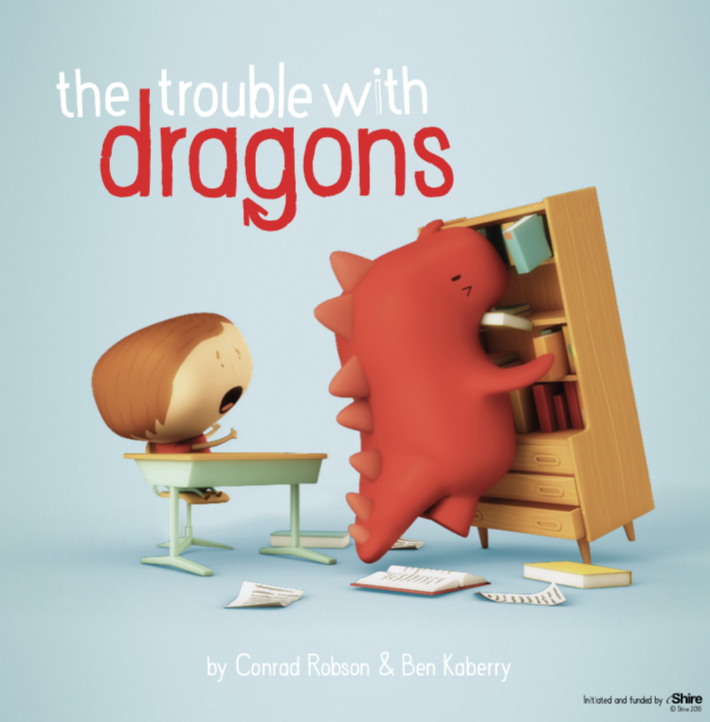 The Trouble with Dragons is a free book from the ADHD Foundation for very young children.
The Trouble with Dragons is a free book from the ADHD Foundation for very young children.
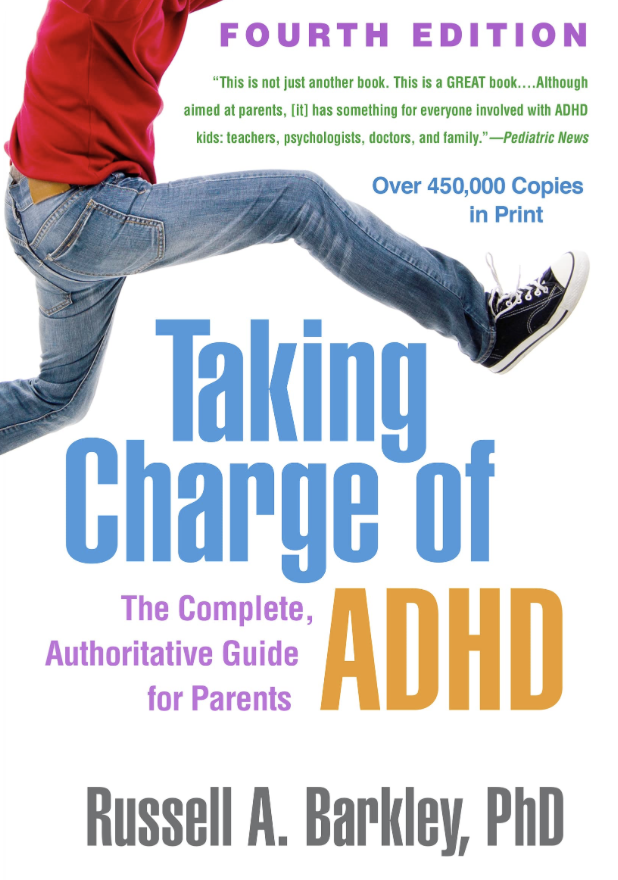 Taking Charge of ADHD: The Complete, Authoritative Guide for Parents by Russell Barkley
Taking Charge of ADHD: The Complete, Authoritative Guide for Parents by Russell Barkley
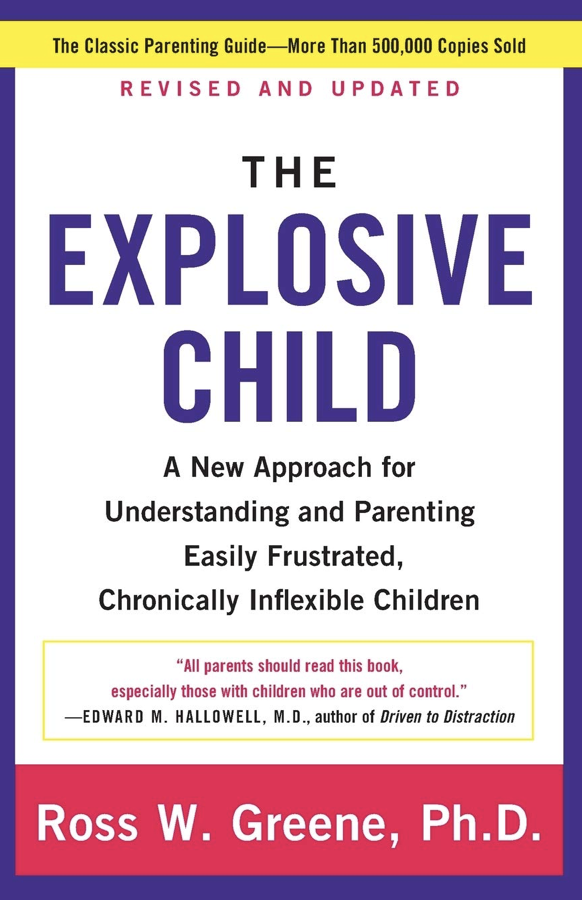 The Explosive Child by Ross Greene.
The Explosive Child by Ross Greene.
![]() Read the BookTrust's tips for supporting reading for children with ADHD.
Read the BookTrust's tips for supporting reading for children with ADHD.
The Hounslow Local Offer is a way of giving children and young people with special educational needs and/or disabilities (SEND) and their parents or carers information about what activities and support are available in the area where they live.
The Council for Disabled Children (CDC) have produced a video which provides more information about what a Local Offer is.
The Local Offer contains a wide range of information and services to support children and young people with SEND. These include services provided by the Local Authority and the health service, as well as services provided by the voluntary and private sectors (e.g. charities and disability groups, nurseries, youth clubs, leisure activities etc.).
Information is available for young adults, to help you make informed choices about life choices such as where to live; transport; social activities, work and training and becoming an adult.
